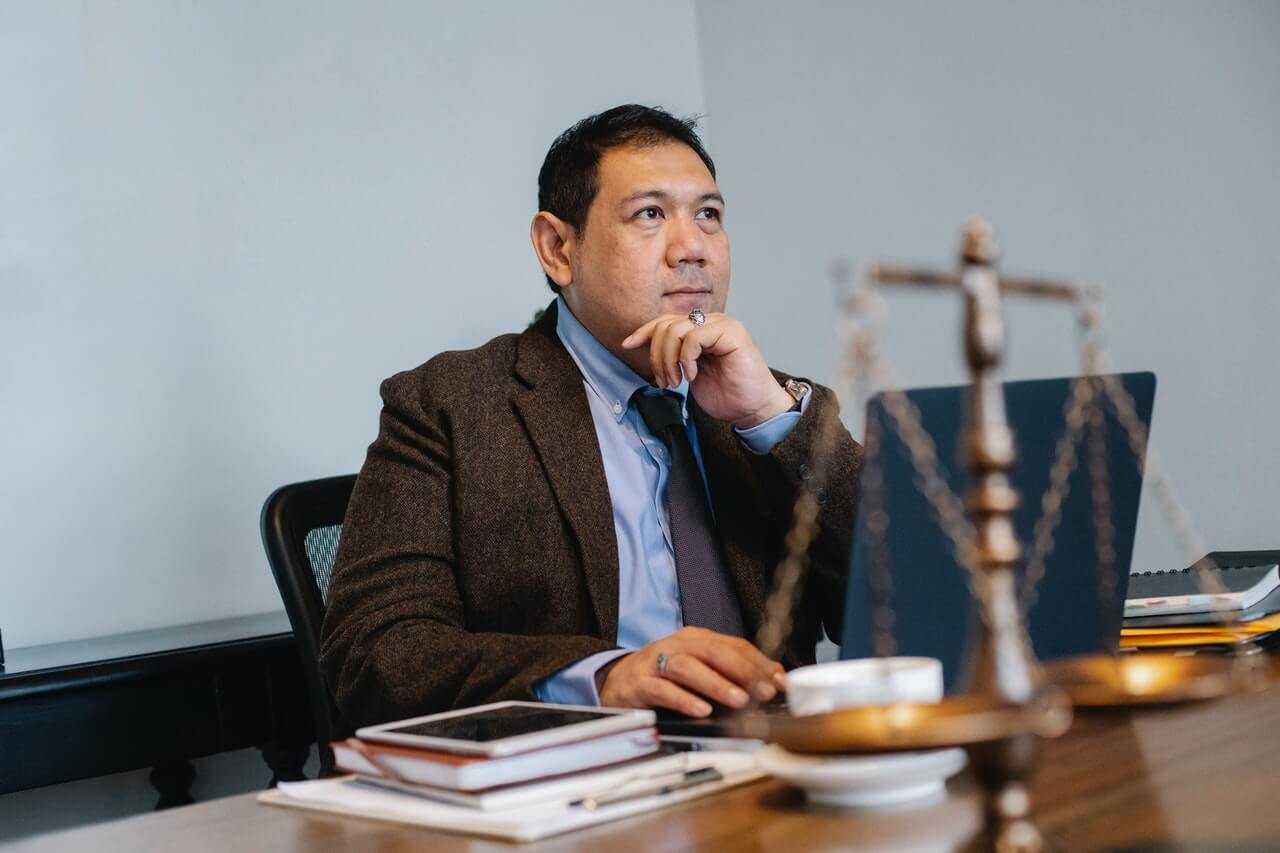(Guest post from Hank Lewis.)
An Email Said:
My organization has no paid staff, is essentially unfunded at this time, and Board Members receive no compensation of any kind including expense reimbursement. I’m the chairman of the Board and founder of the organization. When I sign things, I use the title “Executive Director,” even though (in actuality) I’m the chair.
I Responded:
What you describe sounds like an organization in its infancy — one that hasn’t been around for too long or that hasn’t yet begun the process of “maturation.”
First stage in the life of a NPO is where a group of people in a community recognize the existence of a specific need and get together to do something to address that need. The organization typically has one or two “founders” — who are the heart and soul of the org, and are the ones who tend to make things happen.
The situation, where you are Board Chair and Executive Director, can only continue to work to a point…. It is really only acceptable up to where your NPO can assemble a “representative board,” one that brings skills, perceptions, experiences, commitment, passions to the role, and is (to some degree) representative of the “community” being served. (The Board of a NPO is the community’s watchdog over that organization.)
The role of the initial board is to get the NPO to the point where it can make that transition from “infancy” to “maturity,” with the transition stage being the “adolescence” — a period of painful change and growth. Painful, because the original board members and founders may have to give up some or all of the roles they’ve been playing. They may even have to turn governance responsibility over to others — who have the traits needed to ensure….
Another Email:
While we hope and are working to achieve a level of success that requires paid staff, corporate offices, etc., our current focus is on our programs and resources.
My Response:
Again, what you describe is typical of an organization in its infancy; but, if you want your baby to grow, somewhere along the line you’ll have to remove some of the restrictions. You’ll have to allow your baby to become a different person than what you envision for “it.” Otherwise, your org will never be able to provide service to all who need it. You’ll keep it dependent on you and, God forbid, if/when something happens to you, your baby won’t be able to survive.
You don’t need the corporate offices or lots of bells and whistles, but you do need to consider how you will allow your baby to grow. If you stifle it, it will never be what it can be.
But, right now, you’re in the creation process. Go ahead and create. You’ll feel good about what you’re doing and about the people you’re helping. Just make sure that, when the time comes, you don’t fight your teenager — you help smooth its road to growth.
====================
Any thoughts about recognition?? I’d be pleased to address your comments in a future posting.
=-=-=-=-=-=-=-=-=-=-=-=-=-=
Have a comment or a question about starting, evaluating or expanding your fundraising program? Contact me at [email protected] With over 30 years of counseling in major gifts, capital campaigns, bequest programs and the planning studies to precede these three, I’ll be pleased to answer your questions.
=-=-=-=-=-=-=-=-=-=-=-=-=-=
If you’re reading this on-line and you would like to comment/expand on the above, or would just like to offer your thoughts on the subject of this posting, we encourage you to “Leave a Reply” at the bottom of this page, click on the feedback link at the top of the page, or send an email to the author of this posting. If you’ve received this posting as an email, click on the email link (above) to communicate with the author.

